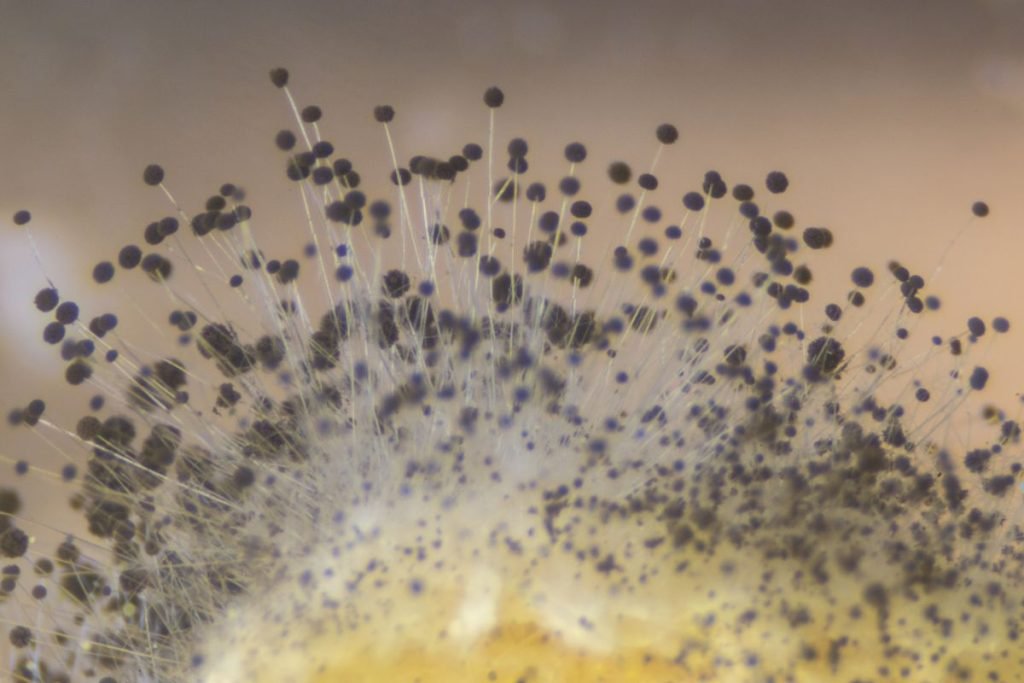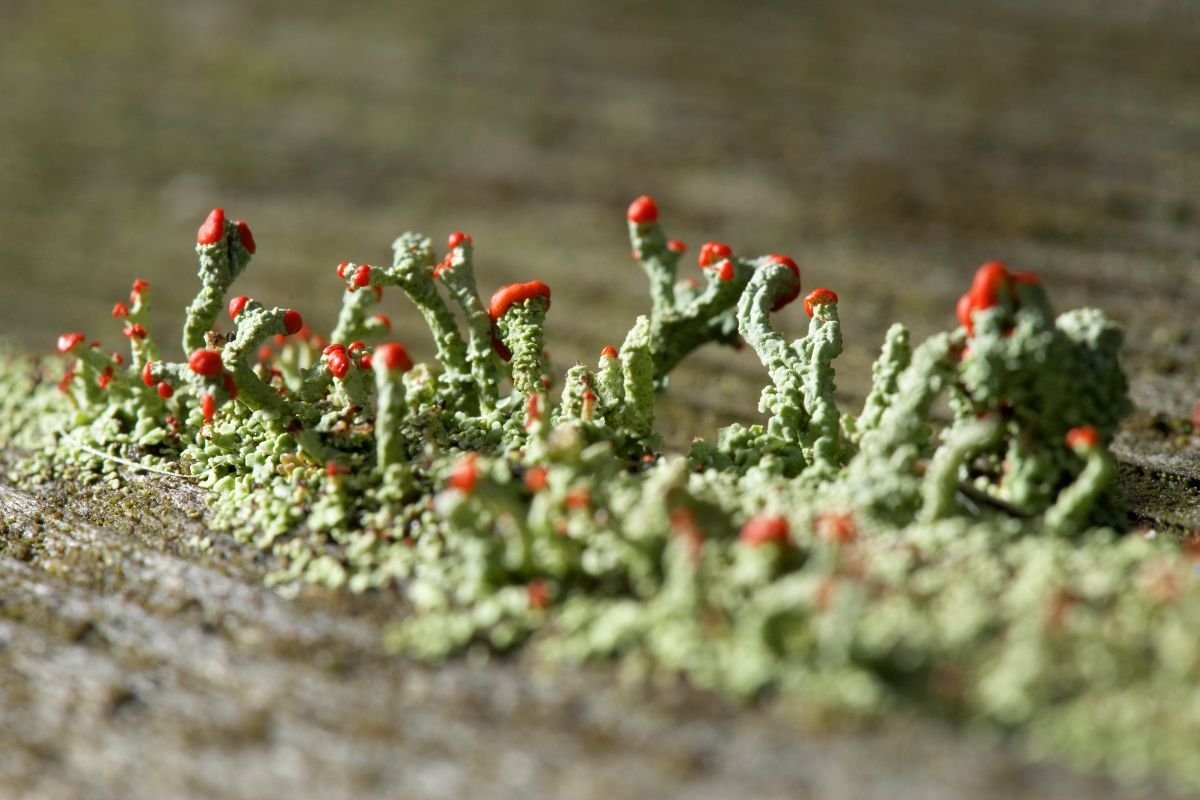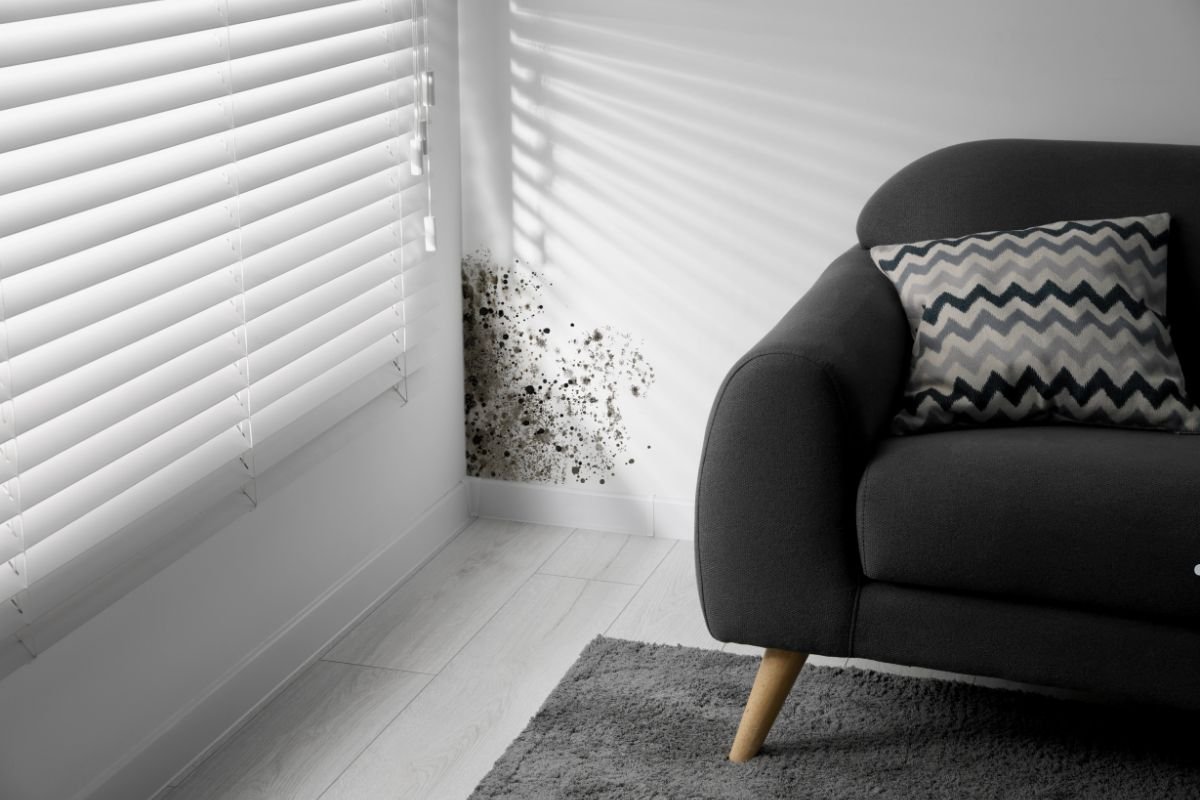
Mold spores can survive for months, even years, in a dormant state, waiting for the right conditions to thrive. While they may not be actively growing during this time, they pose a potential risk, ready to spring to life and cause problems when moisture and a food source become available. Understanding how long mold spores live and what influences their lifespan is key to preventing mold growth and protecting your health and property.
What are Mold Spores?
Mold spores are microscopic particles that are naturally present in both indoor and outdoor environments. They are the reproductive units of mold, similar to seeds in plants. They are incredibly small and lightweight, allowing them to easily travel through the air. Because they are virtually everywhere, completely eliminating mold spores is impossible. The key is to control the conditions that allow them to grow. Mold exposure can trigger allergic reactions, respiratory problems, and other health issues, especially in sensitive individuals. Therefore, understanding and managing mold spore presence is crucial for maintaining a healthy living environment.
Dealing with black mold in your home or business can be challenging. If left untreated, black mold (Stachybotrys chartarum) can lead to severe health issues, including allergic reactions, respiratory problems, and other serious complications. At North Vegas Mold Care, we provide comprehensive Black Mold Removal Services in North Las Vegas, Nevada, ensuring a safe and healthy environment for you and your loved ones.
How Long Do Mold Spores Live?

The lifespan of mold spores can vary significantly depending on environmental conditions. While some sources claim they can survive indefinitely in a dormant state, others suggest a lifespan of several months to years. The important thing to remember is that they don’t “die” in the traditional sense; they become inactive and wait for favorable conditions to reactivate. This means that even if you address a mold problem, dormant spores might still be present and capable of causing a recurrence if moisture returns. The longevity of mold spores is influenced by factors like humidity, temperature, and the availability of organic matter.
Concerned about lingering mold spores? Call us today for expert mold inspection and long-term prevention solutions!
Factors Affecting Mold Spore Lifespan
Several key factors influence how long mold spores can remain viable:
Moisture Levels
Moisture is the single most critical factor for mold spore activation and survival. Mold spores require moisture to germinate and begin growing. Without sufficient moisture, they remain dormant. Leaks, flooding, high humidity, and condensation can all provide the necessary moisture for mold growth. Addressing moisture problems promptly is the most effective way to prevent mold growth. Look for signs of water damage, such as stains, discoloration, or peeling paint.
Temperature
Temperature also plays a significant role in mold spore activity. Mold generally thrives in warm temperatures, typically between 60°F and 80°F (15°C and 27°C). However, some molds can grow in colder temperatures, even in refrigerators. Extreme temperatures, both hot and cold, can slow down or inhibit mold growth, but they don’t necessarily kill the spores. Mold spores can survive in a dormant state through temperature extremes.
Humidity
High humidity levels create a favorable environment for mold growth. When the relative humidity is above 60%, mold spores can absorb moisture from the air and begin to grow, even without direct water contact. Maintaining low humidity levels is crucial for preventing mold problems. Use dehumidifiers, especially in basements and other damp areas. Ensure proper ventilation to reduce indoor humidity.
Food Source Availability
Mold needs a food source to grow and thrive. Mold can feed on various organic materials, including wood, drywall, paper, fabric, and even dust. Removing potential food sources can help prevent mold growth. Regularly clean and dust your home to eliminate organic matter that mold can feed on. Store items properly to prevent them from becoming moldy.
Air Circulation
Proper air circulation helps to prevent mold growth by reducing moisture and humidity levels. Stagnant air can trap moisture and create a favorable environment for mold. Ensure adequate ventilation throughout your home, especially in bathrooms and kitchens. Open windows and use fans to improve air circulation. Consider using air purifiers to remove mold spores from the air.
Mold Spores in Different Environments

Mold Spores Indoors
Indoor environments often provide ideal conditions for mold growth, including moisture, warmth, and a readily available food source. Common indoor locations for mold growth include bathrooms, kitchens, basements, and areas with water leaks or high humidity. Mold can grow on walls, ceilings, floors, and other surfaces. Regular cleaning and maintenance can help prevent indoor mold problems.
Is mold lurking in your home? Call us for a thorough inspection and professional mold removal services. We’ll get your home back to a healthy state!
Mold Spores Outdoors
Mold spores are also abundant in the outdoor environment. They play an essential role in breaking down organic matter, such as leaves and wood. However, outdoor mold spores can also enter your home through open windows, doors, and ventilation systems. While completely preventing outdoor mold spores from entering your home is impossible, you can take steps to minimize their impact.
For safe and effective bathroom mold removal, North Vegas Mold Care is your trusted expert. Bathrooms are highly prone to mold growth due to constant humidity, creating the perfect environment for mold to thrive. Our skilled team specializes in identifying, eliminating, and preventing mold using advanced techniques. We also offer Wall Mold Removal Services to ensure your entire home remains mold-free and healthy.
The Danger of Dormant Mold Spores
Are Dormant Mold Spores Dangerous?
Dormant mold spores are not actively growing, but they can still pose a potential health risk. When inhaled, even dormant spores can trigger allergic reactions in sensitive individuals. Furthermore, dormant spores can become active and begin growing if they find the right conditions. This means that even if you clean up visible mold, dormant spores may still be present and capable of causing a recurrence.
Mold Prevention and Remediation
Preventing Mold Growth
Preventing mold growth is the best way to protect your health and property. Here are some practical tips for preventing mold growth:
- Control Moisture: Fix leaks promptly and address any sources of moisture.
- Maintain Low Humidity: Use dehumidifiers to keep indoor humidity levels below 60%.
- Ensure Proper Ventilation: Open windows and use fans to improve air circulation.
- Clean Regularly: Dust and clean your home regularly to remove potential food sources for mold.
- Use Mold-Resistant Products: When building or renovating, use mold-resistant materials.
Mold Remediation
If you have existing mold growth, it’s essential to address it promptly. For small areas, you may be able to clean the mold yourself using appropriate cleaning products. However, for larger infestations, it’s best to hire a professional mold remediation company. Professional mold remediators have the knowledge, skills, and equipment to safely and effectively remove mold and prevent its recurrence.
Frequently Asked Questions (FAQs)
Can mold spores die?
Yes, mold spores can “die” in the sense that they lose their ability to reproduce and grow. However, they often remain dormant for extended periods, waiting for favorable conditions to reactivate.
How long can mold spores live on clothes?
Mold spores can survive on clothes for a while, especially in damp conditions. Washing clothes in hot water and using detergent can kill mold spores. Ensure your clothes are thoroughly dried before storing them.
Are mold spores always harmful?
While some molds are relatively harmless, others can produce toxins that are harmful to human health. Even non-toxic molds can trigger allergic reactions in sensitive individuals.
What kills mold spores effectively?
Several products can kill mold spores, including bleach, vinegar, and specialized mold killers. However, it’s essential to use these products safely and effectively. Follow the manufacturer’s instructions and wear appropriate protective gear.
Conclusion
Understanding how long mold spores live and the factors that influence their lifespan is crucial for preventing mold growth and protecting your health and property. Mold spores can survive for extended periods in a dormant state, waiting for the right conditions to thrive. By controlling moisture, maintaining low humidity, ensuring proper ventilation, and cleaning regularly, you can significantly reduce the risk of mold problems.

